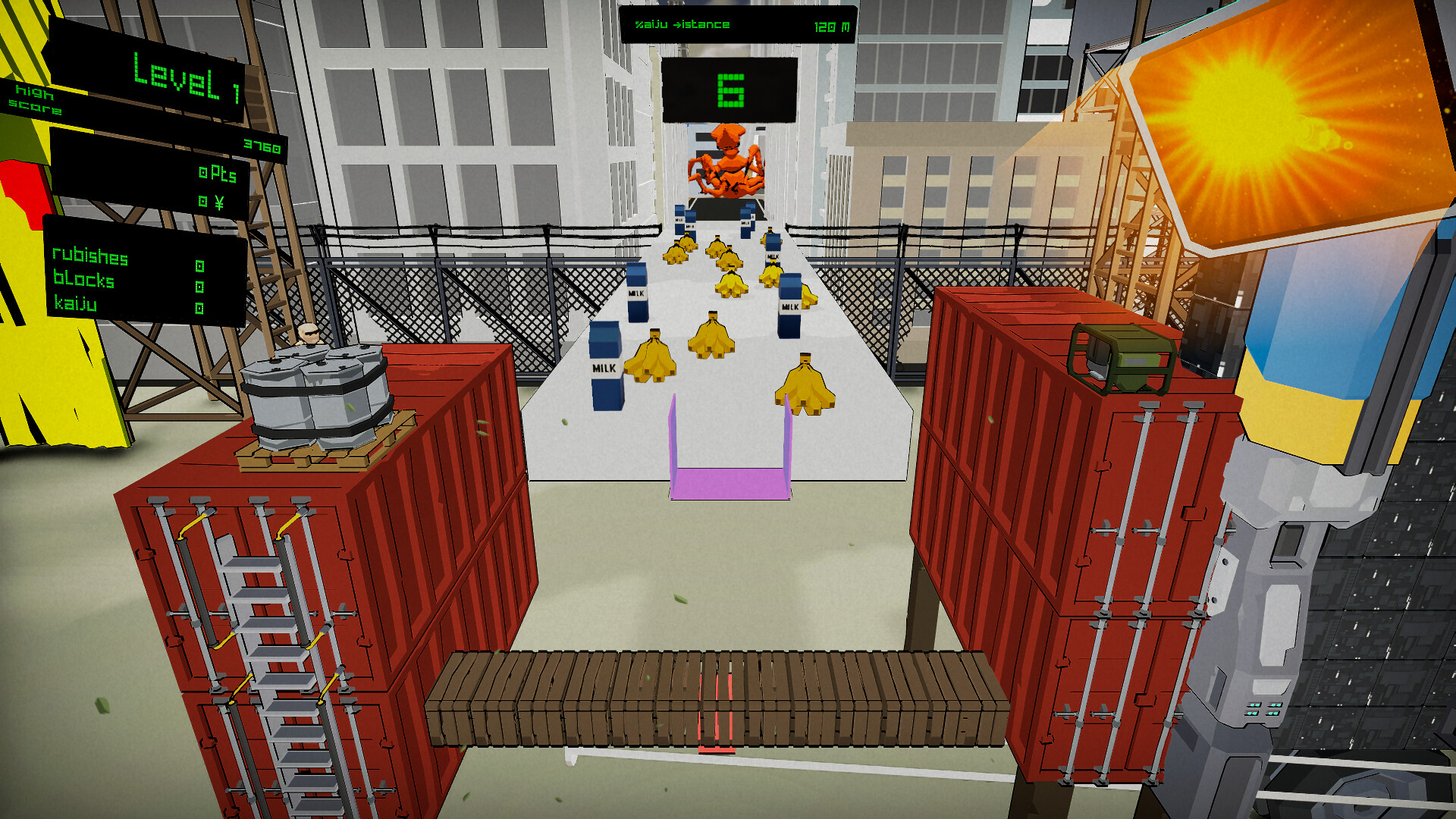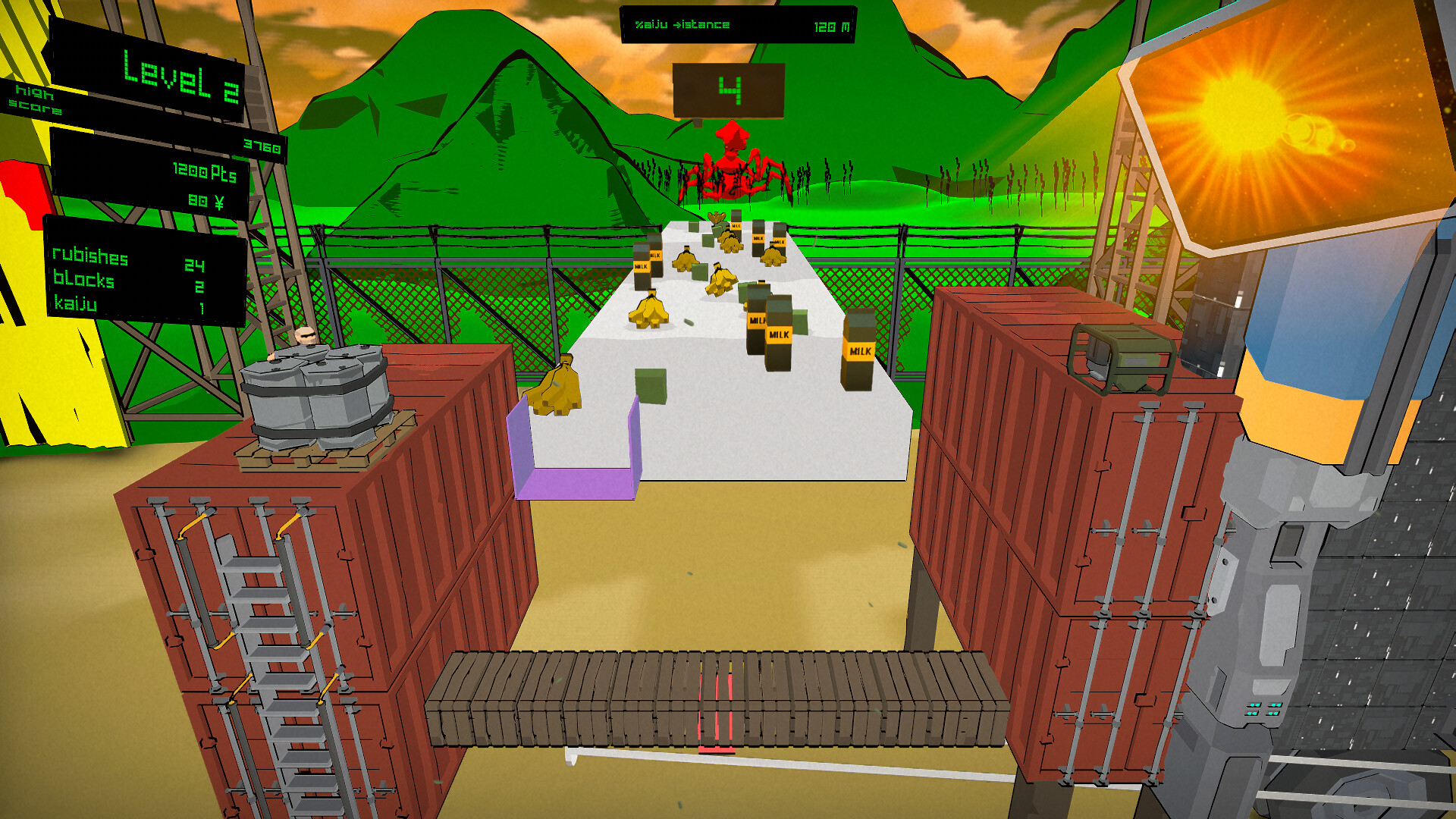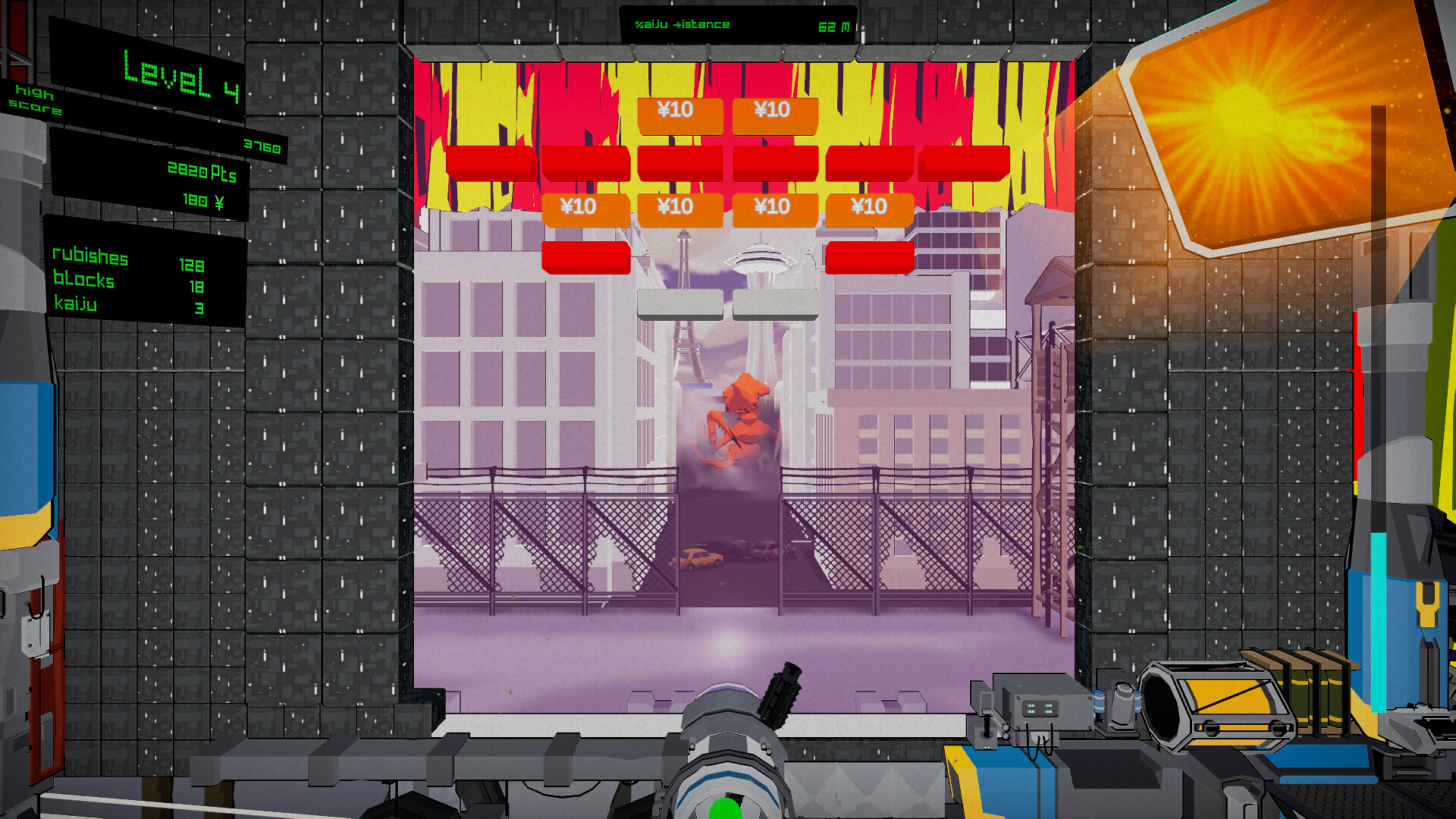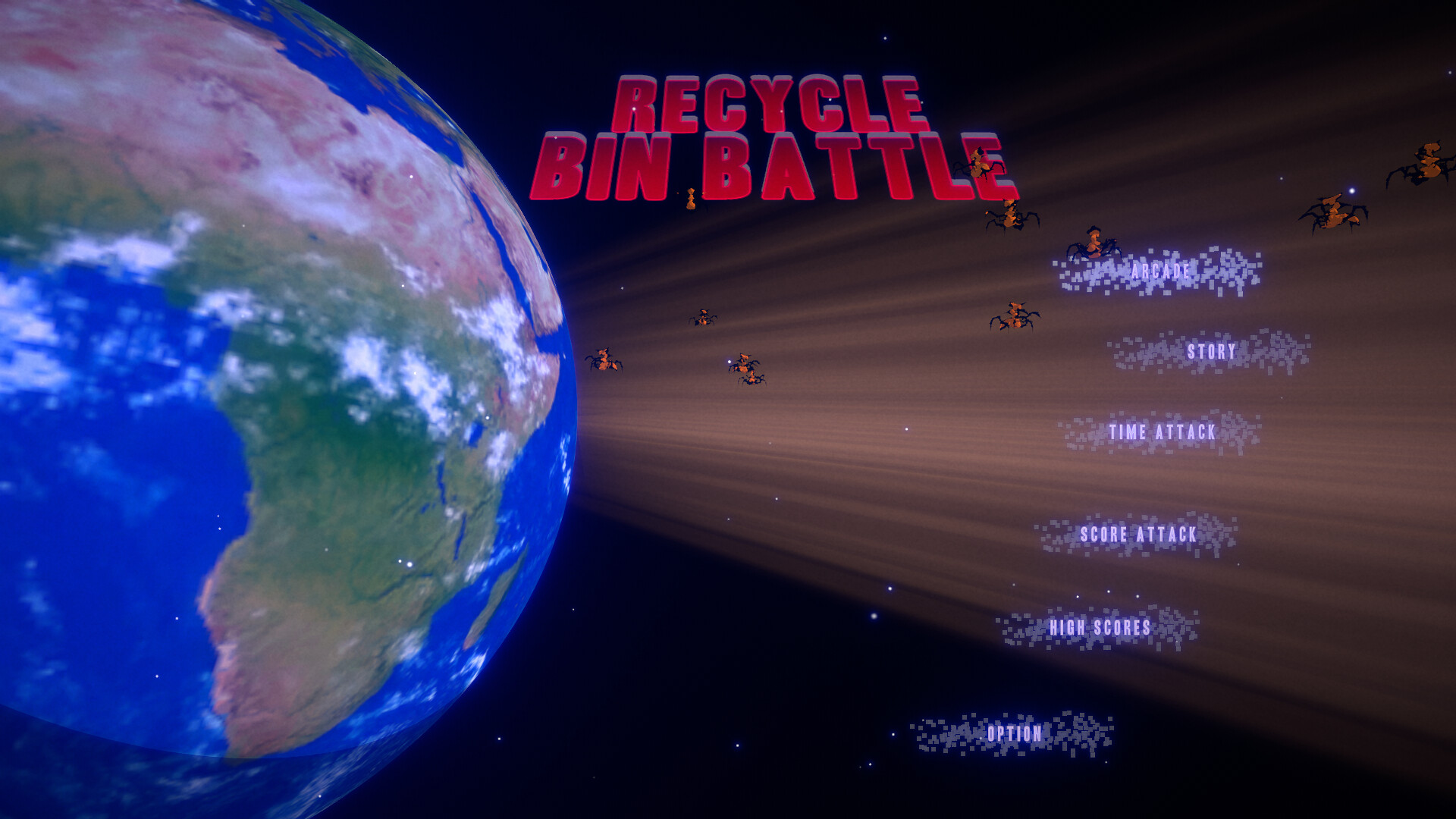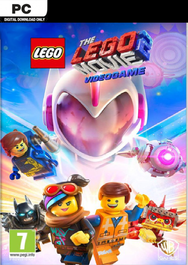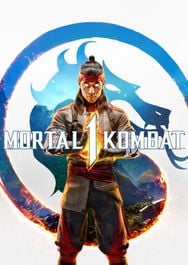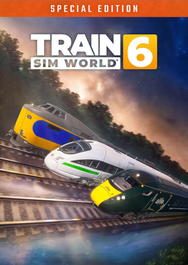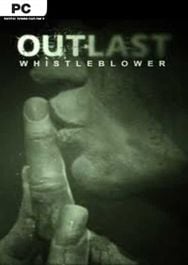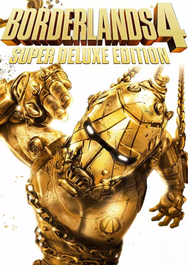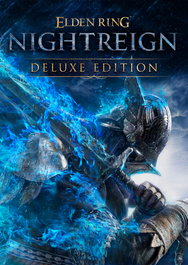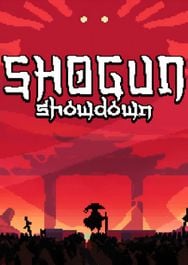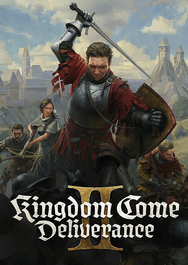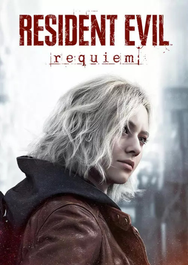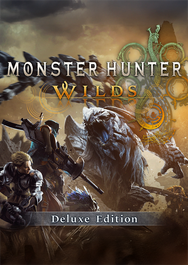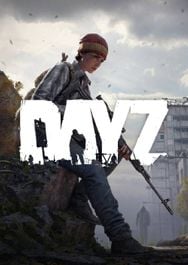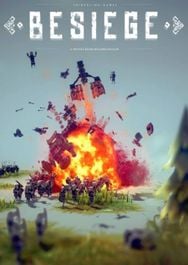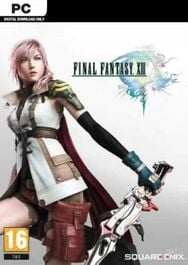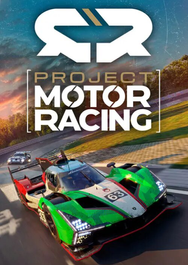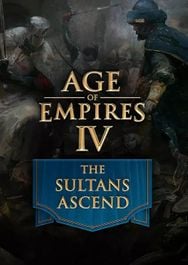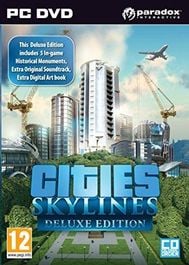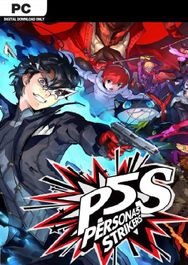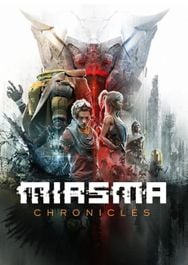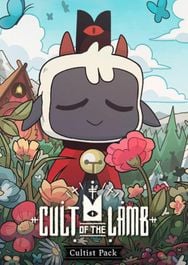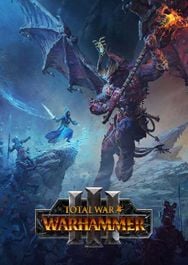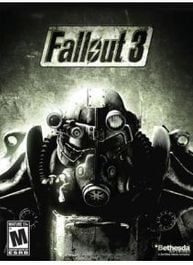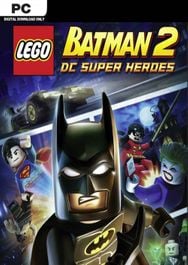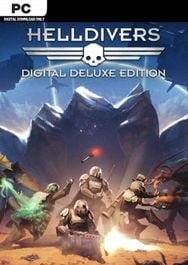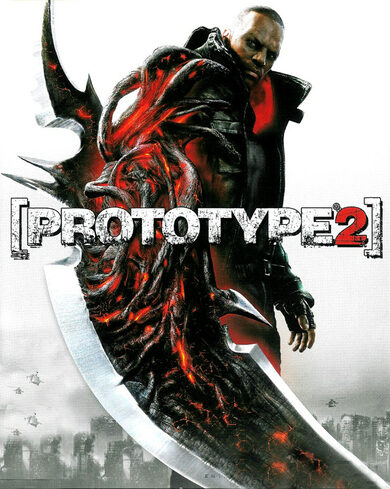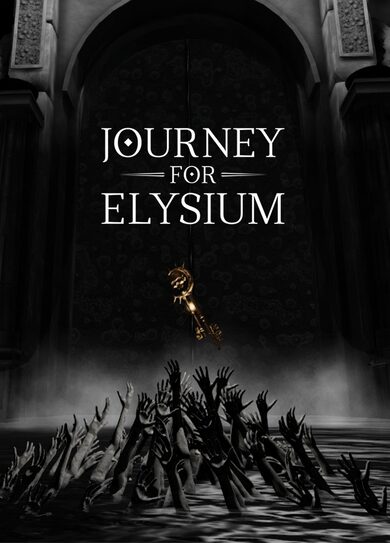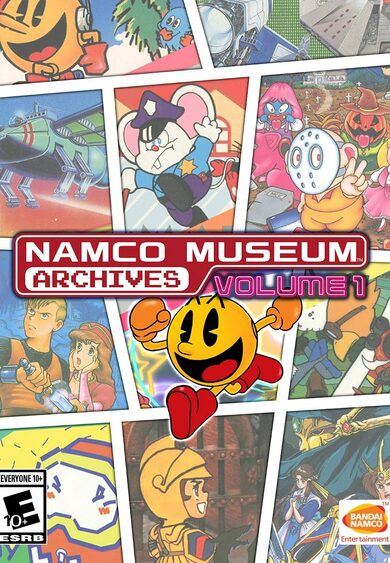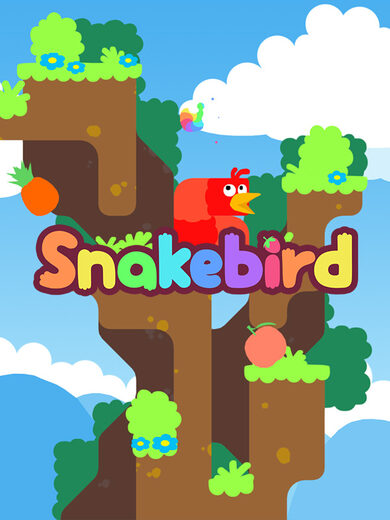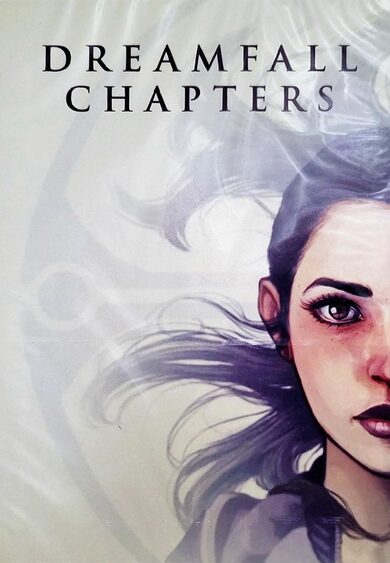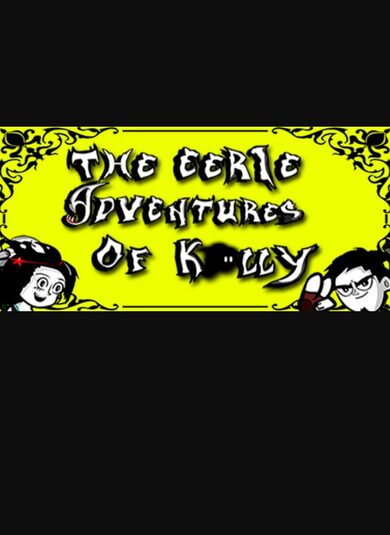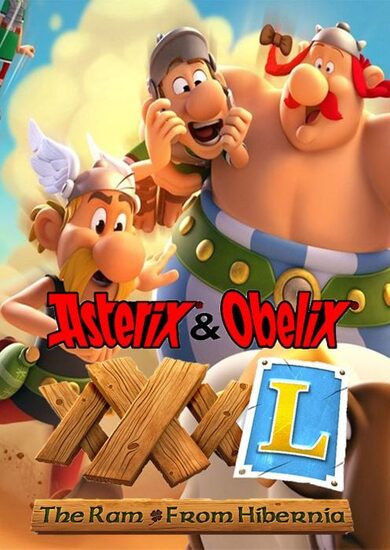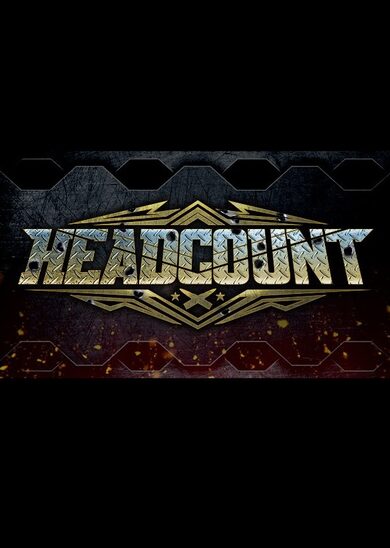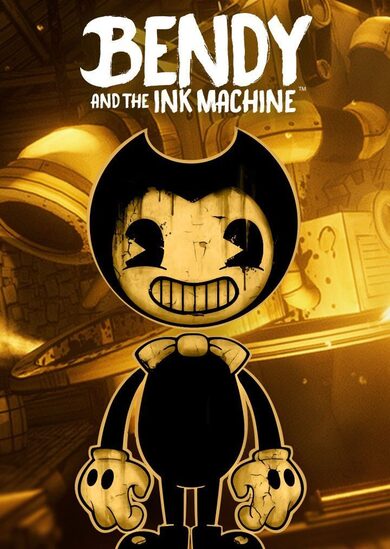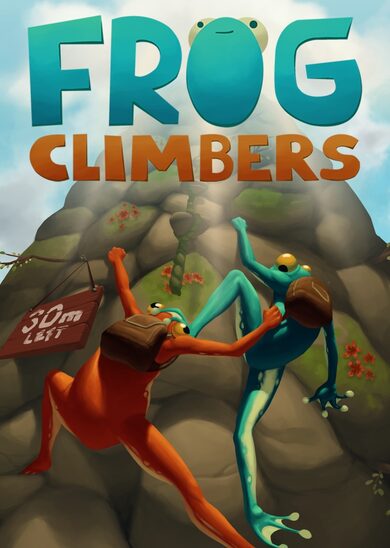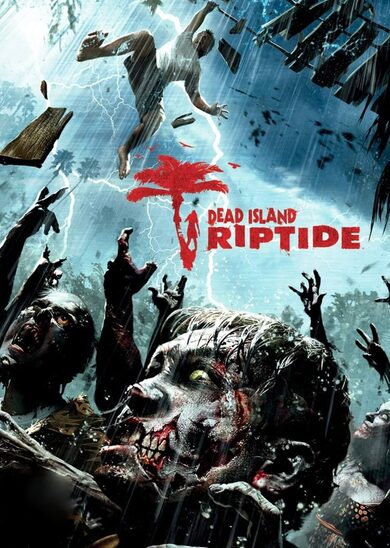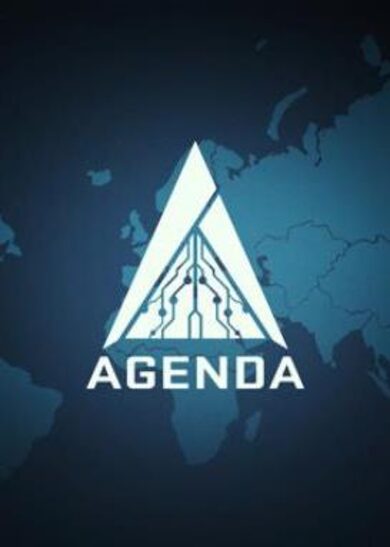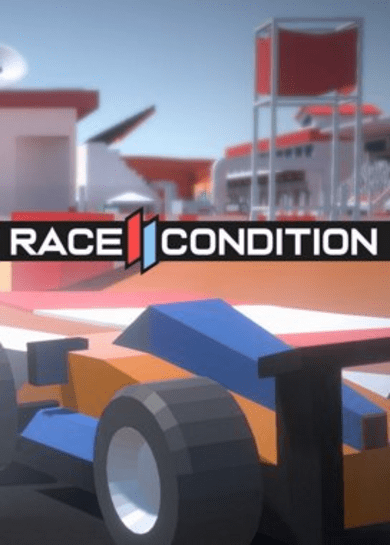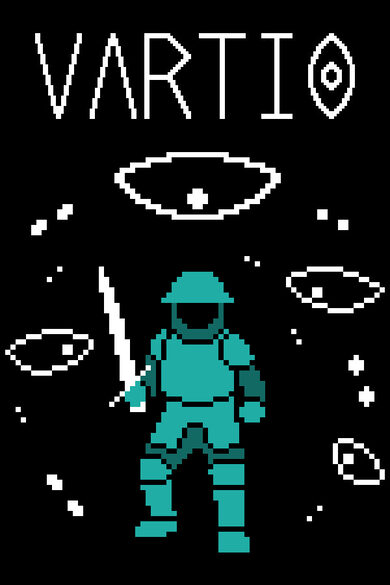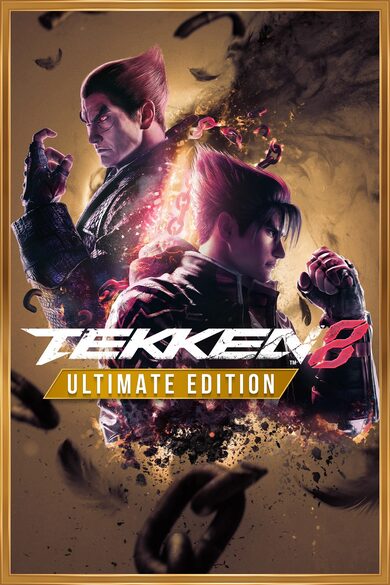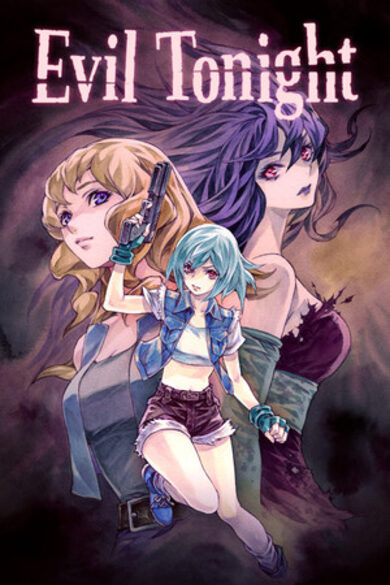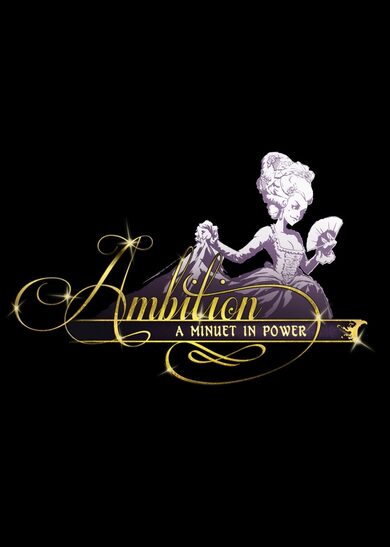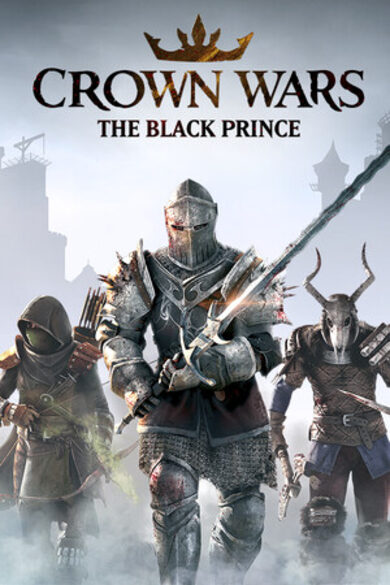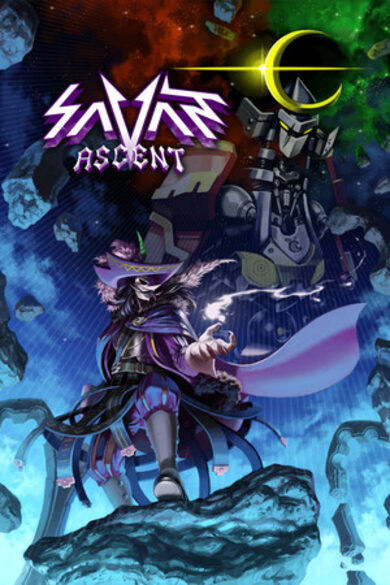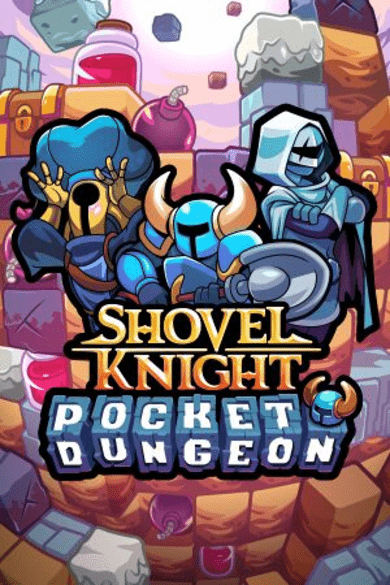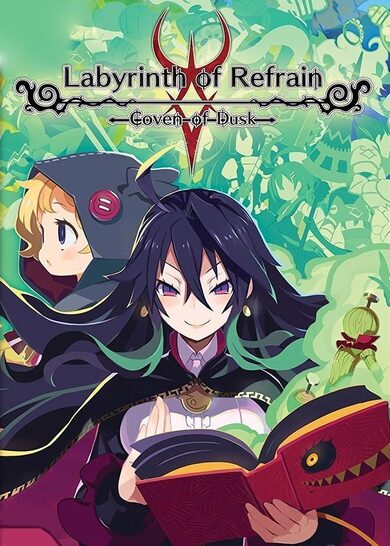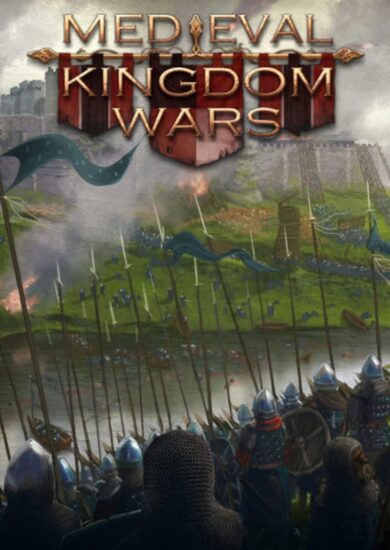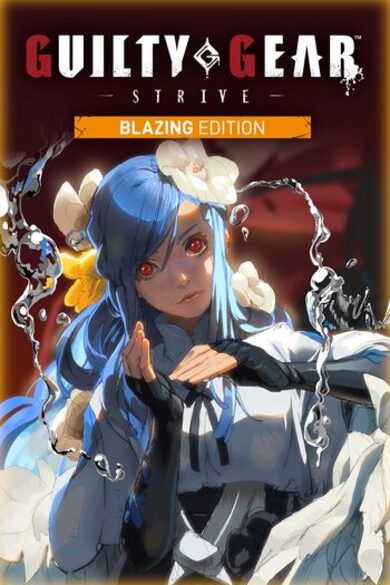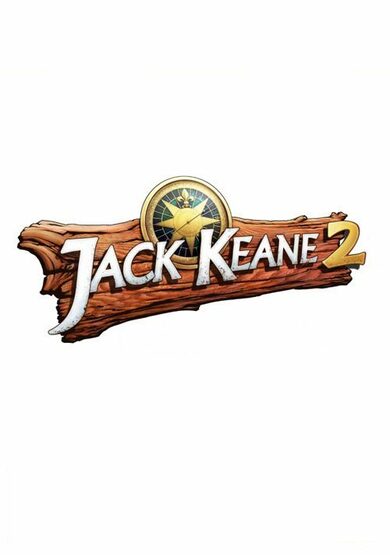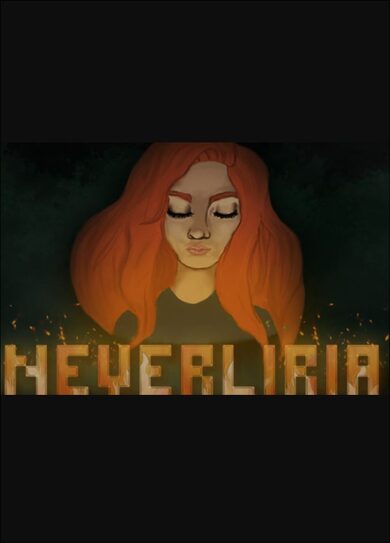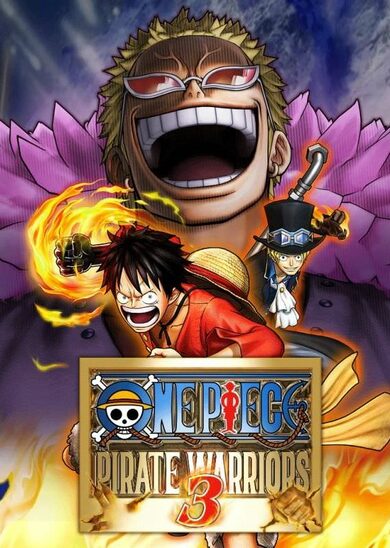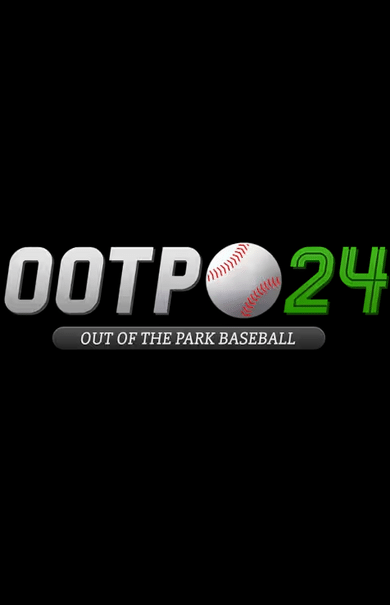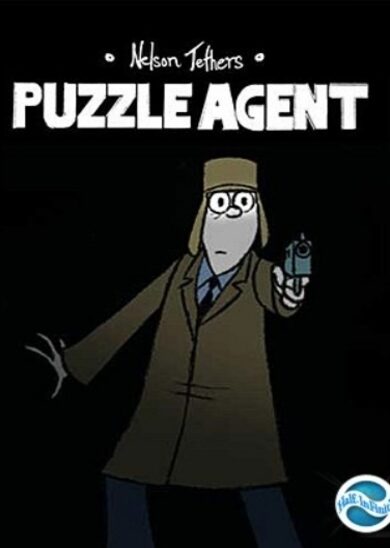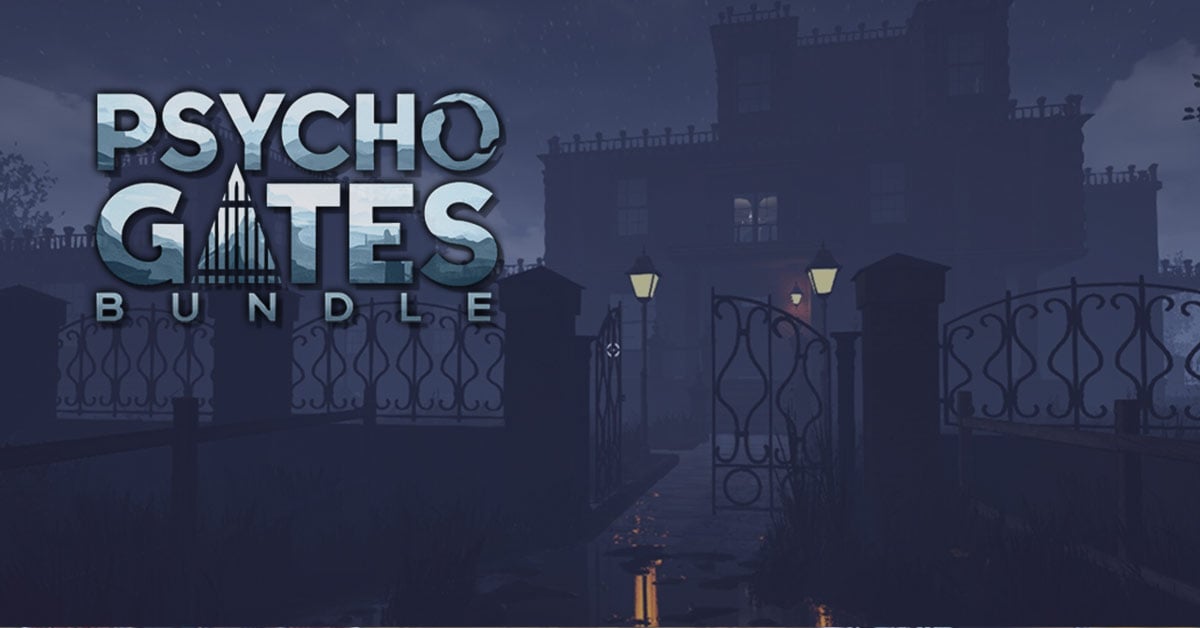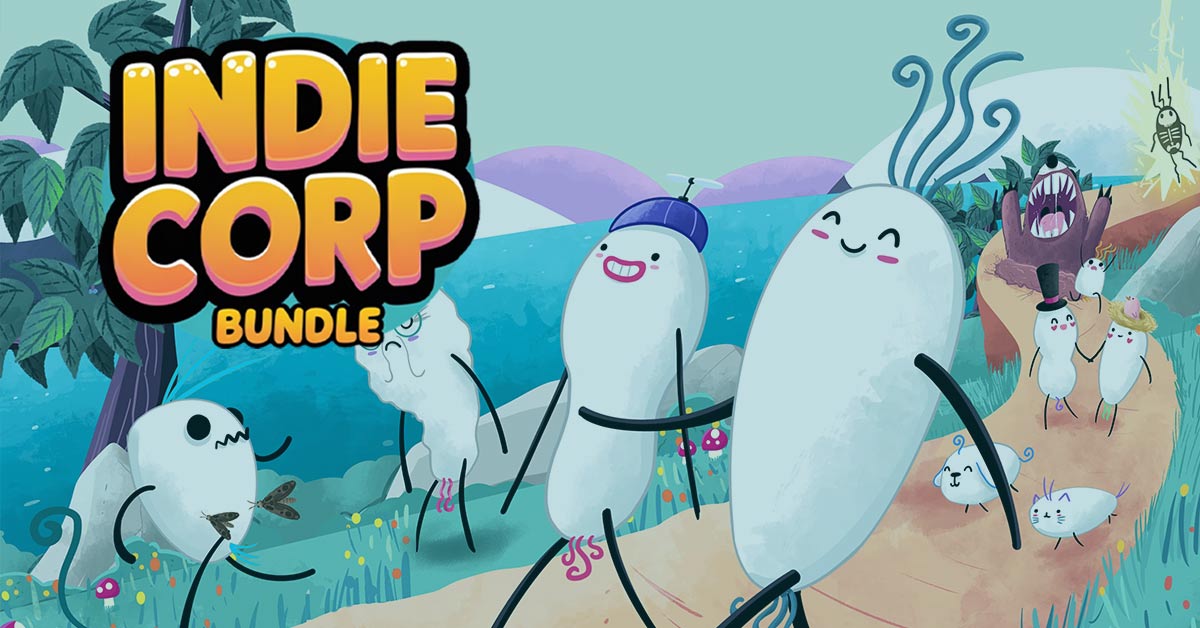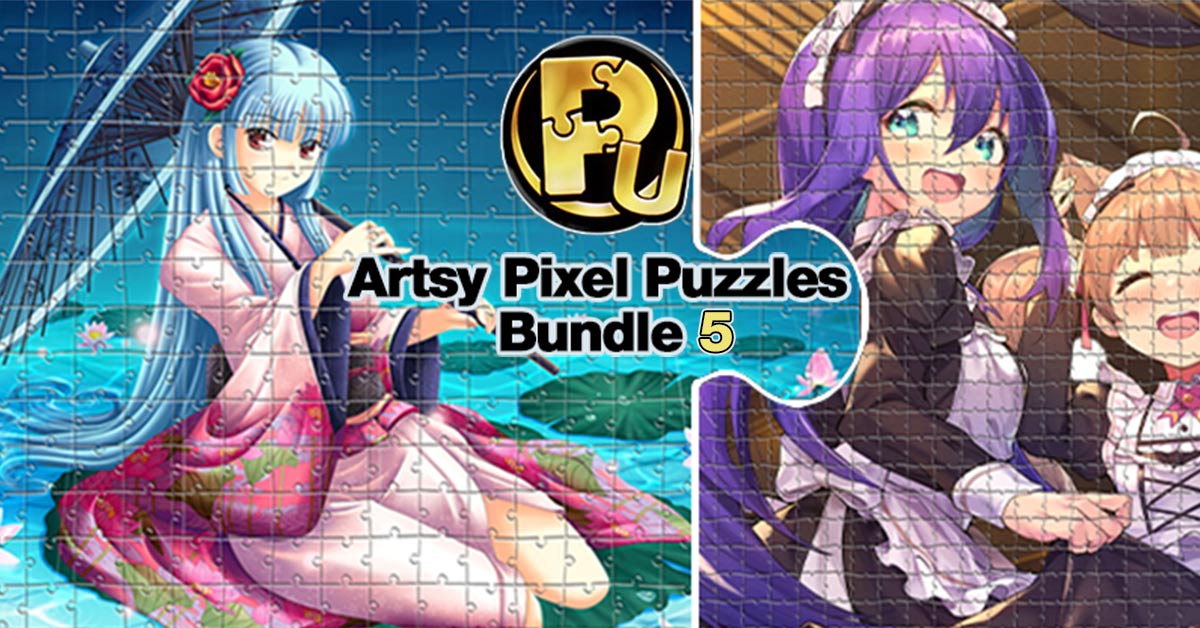Description
Reycle Bin Battle is an arcade puzzle game based on 3 differents gameplay.1- Catch Rubishes tumbling down a machine and arrange them in type and color to make them disappear and make ball for second part.
2- Use ball to break invaders defenses and get energy in a breakout-like.
3- Use energy to shoot Kaiju and save humanity.
Story
In a near futur, Humanity exploited 98% of earth ressources.It's the moment choose by unknown force coming from space to attack Human species.
Humanity decide to use last ressources to design a weapon working with rubishes, the Recycle Bin Weapon. Now it's time to fight !
Features
ARCADE GAMEPLAY : 3 Games in 1MAKE MATCH 3 COMBO : use rubishes to create ball.
BREAKOUT : use ball to break blocks, destroy hostile defense and get energy !
ARCADE SHOOTER : use energy to shoot Kaiju and save humanity
4 GAME TYPES : arcade, story, time attack, score attack.
Introduction
As a game designer, among the three types of gameplay offered in Recycle Bin Battle, I integrated a button-mashing gameplay phase to charge the cannon with energy to shoot at the Kaiju, adding a unique physical and strategic dimension. This mechanic is not just a nostalgic nod to classic games; it transforms the gaming experience into a captivating challenge. Let's explore together the origins, interest, risks, techniques, and sporting component of button-mashing, as well as its integration into "Recycle Bin Battle."
Origins of Button-Mashing
Button-mashing has its roots in the early arcade and console games of the 1980s. Games like **"Track & Field"** by Konami, released in 1983, popularized this mechanic by requiring players to frantically press buttons to make their athletes run or jump. This technique became synonymous with games that required quick reflexes and physical endurance, adding a competitive and immersive dimension to the gameplay.
Interest of Button-Mashing in Recycle Bin Battle
Simplicity and Accessibility: Button-mashing allows players of all levels to participate and have fun quickly without having to master complex button combinations. This simplicity makes "Recycle Bin Battle" accessible to a wide audience, including casual gamers.
Competition: In multiplayer phases, button-mashing adds a purely physical competitive dimension. Players must quickly press buttons to charge the cannon, creating intense and memorable moments among friends or family.
Immersion: Button-mashing enhances immersion by simulating the physical effort required to perform intense actions, such as charging a cannon to defeat a Kaiju. Players feel more involved in the action, increasing their engagement and enjoyment of the game.
Risks of Button-Mashing
Physical Injuries Rapidly pressing buttons can lead to pain or injuries in the hands and wrists, such as tendinitis or carpal tunnel syndrome. To mitigate this risk, I included regular breaks and safety tips in the game.
Wear and Tear on Equipment Controllers and keyboards can wear out more quickly due to the intense use of buttons. To address this issue, I designed adjustable difficulty levels, allowing players to choose the intensity of button-mashing required.
Lack of Depth To prevent the gameplay from becoming repetitive, I integrated strategic elements. Players must not only press buttons quickly but also plan their actions to optimize their performance without getting too tired too quickly.
Button-Mashing Techniques
Muscle Tension Some players tense the muscles in their arms to limit the range of motion and increase the speed of button presses. This technique helps reduce fatigue and improve performance.
Use of Accessories Accessories like gloves or specialized controllers can enhance button-mashing performance. I designed "Recycle Bin Battle" to be compatible with various types of controllers, giving players the option to choose the one that suits them best.
Training Like any skill, button-mashing can be improved through regular practice. I included training modes in the game to help players develop their techniques and maximize their speed and endurance.
Sporting Component
Button-mashing in "Recycle Bin Battle" can be compared to certain sports activities due to the physical effort it requires. The speed and endurance needed to press buttons can be likened to those required in sports like sprinting or martial arts, where precision and speed of movement are crucial. However, unlike traditional sports, button-mashing does not necessarily develop muscle strength or overall body coordination. It remains primarily a fun activity that mainly engages the muscles of the hands and arms.
Integration into Recycle Bin Battle
In "Recycle Bin Battle," button-mashing is used to charge the cannon and defeat the Kaiju. This mechanic requires not only physical effort but also strategy to avoid fatigue while optimizing performance. Players can alternate between different fingers or hands or adopt specific techniques to maximize their speed and endurance. I designed the game to encourage players to experiment with different approaches and find what works best for them.
Conclusion
Button-mashing is an iconic video game technique with roots in early arcade games. By integrating this mechanic into "Recycle Bin Battle," I wanted to pay homage to the classics while adding a physical and strategic dimension to the gameplay. Although button-mashing carries risks of injury and equipment wear, I have taken measures to mitigate these issues and provide a balanced and engaging gaming experience. Ultimately, button-mashing in "Recycle Bin Battle" is more than just a nostalgic reference; it is an essential component of the gameplay that challenges players to demonstrate speed, endurance, and strategy.
"Recycle Bin Battle" is an arcade puzzle game that combines elements of waste sorting and strategic gameplay. The concept of the game is influenced by ecological themes and aims to promote environmental responsibility. Here's an overview of the gameplay:
[olist]
https://www.youtube.com/embed/7NIK5VZJUXc?si=fTk7w6IXHeI4nnoX
[/*]
https://www.youtube.com/embed/UU1GBncf_RA?si=L6tqbw6IkolzPzt_
[/*]
https://www.youtube.com/embed/FvKg3YQkJD8?si=8JV_XQy841ZcZxl6[/*][/olist]
Collaboration with Youenn Guilloux for the Illustration of "Recycle Bin Battle"
For our project "Recycle Bin Battle," we had the opportunity to work with Youenn Guilloux, a talented illustrator based in Saint-Brieuc, in the Ctes-d'Armor department. Specializing in children's illustration, natural landscapes, animals, fantasy, and science fiction, Youenn captured our vision right from the start. This collaboration unfolded in several stages, each crucial to achieving a result that truly impressed us.
Digital Painting: A Major Asset
One aspect that particularly captivated us in Youenn Guilloux's work is his mastery of digital painting. This modern technique allows him to create illustrations that evoke the style of the 70s and 80s, with a rendering that is both nostalgic and contemporary. Digital painting offers incredible flexibility, enabling precise manipulation of colors, textures, and details. It is this ability to blend tradition and innovation that made Youenn Guilloux the perfect fit for our project.
1. Expressing Our Needs
It all began with a discussion where we expressed our expectations to Youenn. We showed him examples of illustrations that inspired us so he could understand the style we were aiming for. This step was crucial to ensure we were on the same page.
2. Initial Proposals
After understanding our needs, Youenn presented us with three initial proposals. Each had its own charm and perfectly matched the style we had in mind. These proposals allowed us to see what we really liked and provide specific feedback.
3. Feedback and Adjustments
We reviewed the proposals and gave our feedback to Youenn. We indicated what we liked and what needed adjustments. This feedback phase was essential to refine the design and ensure the illustration perfectly matched our vision.
4. New Proposal
With our feedback in hand, Youenn worked on a new proposal. This version was already very close to what we had imagined, but some details still needed fine-tuning. We continued to exchange ideas to refine this proposal.
5. Near-Final Version
After several back-and-forth exchanges, we arrived at a near-final version of the illustration. This version incorporated all the elements we wanted and perfectly reflected the style and atmosphere we envisioned for "Recycle Bin Battle."
6. Final Touches
To finalize the illustration, we had one last exchange with Youenn. This step allowed us to correct the final details and ensure everything was perfectly in place. Thanks to this close collaboration and Youenn's responsiveness, we obtained an illustration that exceeded our expectations.
A Big Thank You and Discover "Recycle Bin Battle"!
We would like to express our deep gratitude to Youenn Guilloux for his exceptional work and valuable collaboration. His talent, creativity, and ability to integrate our feedback were instrumental in the success of this project. Thank you, Youenn, for bringing our vision to life through a magnificent and inspiring illustration!
If you're curious to see the final result, don't hesitate to explore our project "Recycle Bin Battle" and dive into this captivating universe!
Recycle Bin Battle is available on
Xbox https://www.xbox.com/fr-fr/games/store/recycle-bin-battle/9ngnnmbslwl9?msockid=1...
Steam https://store.steampowered.com/app/2470620/Recycle_Bin_Battle/
A Blast from the Past: The Retro Advertising Poster for "Recycle Bin Battle"
In the 80s and 90s, video game magazines were treasure troves for enthusiasts. Every turned page revealed epic adventures, secret tips, and, of course, advertising posters that captivated the imagination. Today, we pay homage to that era with a retro advertising poster for the game "Recycle Bin Battle."
A Tribute to the Golden Age of Video Games
The "Recycle Bin Battle" poster is a true journey back in time. Inspired by the bold and colorful designs of the 80s and 90s, this poster captures the essence of what made these advertisements so memorable. Vibrant colors, dynamic illustrations, and a palpable sense of adventureit's all there to reignite the nostalgia of gamers from that time.
A Labor of Passion and Creativity
Creating a retro advertising poster is no easy task. It requires not only understanding the aesthetics of the era but also knowing how to translate them into a modern context. The result is a poster that not only catches the eye but also tells a story. Every detail, from the characters to the design elements, has been carefully crafted to evoke the excitement and enthusiasm of classic video games.
Discover "Recycle Bin Battle"
"Recycle Bin Battle" is a game that combines action and strategy in a unique universe. Players are invited to dive into epic battles where every decision matters. With modern graphics but a retro heart, this game is a perfect blend of nostalgia and innovation.
A Poster to Collect
Whether you're a long-time gamer or new to the world of video games, this poster is a must-have. Hang it in your game room, office, or even your bedroom to add a touch of nostalgia to your space. It's more than just a poster; it's a piece of video game history.
Don't Miss the Adventure!
Get ready to relive those magical moments and discover a game that promises to transport you to a unique and captivating universe. Add "Recycle Bin Battle" to your Steam wishlist now and be among the first to dive into this retro-futuristic adventure!

Saving Lives, One Pixel at a Time: Recycle Bin Battle's Commitment to SOS Enfants
In the vast universe of video games, there are titles that go beyond mere entertainment. "Recycle Bin Battle" is one such game. Developed by OverGame Studio, this game not only offers a unique gaming experience but also engages in a crucial humanitarian mission. By donating 10% of its profits to the SOS Enfants association, "Recycle Bin Battle" becomes an agent of change, contributing to the reintegration of children demobilized from armed conflicts.
A Game, A Mission
"Recycle Bin Battle" immerses us in a dystopian future where humanity, having exhausted 98% of Earth's resources, must face an alien invasion. Armed with the "Recycle Bin Weapon," players must sort waste, break through enemy defenses, and battle Kaiju to save the planet. But beyond this epic adventure, the game carries a strong message: one of resilience and hope.
SOS Enfants: A Beacon in the Darkness
SOS Enfants is a humanitarian association recognized for its public utility, dedicated to providing a future for the most vulnerable children. For over 40 years, SOS Enfants has led projects in education, training, health, and sustainable development worldwide. The association particularly focuses on the reintegration of demobilized child soldiers, offering them a chance to rebuild their lives away from the battlefield.
From Child Soldiers to Artisans of Peace
Armed conflicts leave deep scars, both physical and psychological. Child soldiers, robbed of their innocence, are often the first victims. SOS Enfants works tirelessly to demobilize these children, providing them with shelter, education, and vocational training. Through reintegration programs, these children can learn trades like carpentry, regaining their dignity and hope.
Playing for a Cause
By choosing "Recycle Bin Battle," players do more than just experience an exciting adventure; they actively contribute to a noble cause. Each purchase, each game played, becomes an act of solidarity. The 10% of profits donated to SOS Enfants will fund essential programs, giving thousands of children a chance to return to a normal life.
A Message of Hope
Youen Thirion, CEO of OverGame Studio, and SOS Enfants share a common vision: a world where every child has the right to dream and grow in peace. "Recycle Bin Battle" is more than just a game; it is a symbol of hope, a bridge between the virtual and the real, uniting players worldwide in a common mission.
Join the Battle
"Recycle Bin Battle" will be available on Steam, Xbox series, and Xbox Onestarting May 14, 2025. By purchasing this game, you become not just a hero in the virtual world, but also an agent of change in the real world. Join us on this adventure, and together, let's make a difference, one pixel at a time.
For more information, visit the official Recycle Bin Battle website and discover how your passion for gaming can change lives.
Ladies and Gentlemen, dear friends,
Today, I want to talk to you about something very close to my heart: the choice of the Unity engine for our video game Recycle Bin Battle. You know, life is made up of choices, and each choice we make shapes our future. For me, choosing Unity was not just a technical decision, but a true philosophy of life.
You see, Recycle Bin Battle is not just a game. It's a performance, an interactive work of art aimed at raising players' awareness of the importance of recycling and preserving our planet. To bring this vision to life, we needed an engine that would give us the flexibility and power to bring our wildest ideas to life.
Unity is like a giant playground for developers. With its intuitive tools and active community, we were able to experiment, innovate, and push the boundaries of what is possible in a video game. We created unique game mechanics, such as waste management and the fight against Kaijus, while offering a rich and immersive visual experience. Unity's robust physics engine and advanced rendering capabilities allowed us to create dynamic and visually stunning environments that bring our game to life.
But what really sets Unity apart is the freedom it offers. The freedom to create, to innovate, and to push the boundaries of what is possible in a video game. And it is this freedom that allowed us to create a game that, I hope, will make people think and act for a better future.
By choosing Unity, we also chose freedom. The freedom to create, to innovate, and to push the boundaries of what is possible in a video game. And it is this freedom that allowed us to create a game that, I hope, will make people think and act for a better future.
Unity is also less demanding than other game engines. It does not require extremely powerful hardware resources to run, making it accessible to a larger number of developers. This accessibility allowed us to focus on what really matters: creativity and innovation. Unity's efficient use of system resources and optimized performance ensured that our game runs smoothly on a wide range of devices, from high-end gaming PCs to more modest setups.
Moreover, Unity offers us the possibility to develop cross-platform games. Thanks to Unity, we were able to release Recycle Bin Battle simultaneously on Xbox and Steam, thus offering a consistent and fluid gaming experience to a wider audience. This ability to target multiple platforms is an invaluable asset for reaching as many players as possible and spreading our ecological message. Unity's seamless integration with various platforms and its powerful scripting capabilities using C# allowed us to create a unified codebase that works across different systems with minimal adjustments.
So, dear friends, the next time you play Recycle Bin Battle, remember that every piece of waste you recycle, every Kaiju you fight, is one step closer to a greener and more sustainable world. And all this, thanks to Unity.
Please enjoy the most atypical arcade puzzle game
Youri terdik
As I, Youri Terdik, sat down to create a video game aimed at raising awareness about ecological risks, I couldn't help but feel a wave of doubt wash over me. The irony was stark: here I was, about to use a medium that is itself a significant consumer of energy and resources, to preach the gospel of sustainability. The questions swirled in my mindwas I contributing to the very problem I was trying to solve? Was there a way to reconcile this paradox?
Imagine yourself on stage, under the spotlights, ready to deliver a crucial message about the ecological crisis. But wait, those spotlights, they consume a crazy amount of energy, don't they? It's a bit like creating a video game to raise awareness about ecological risks. Greta Thunberg reminds us: every click, every download, every hour of play consumes electricity, often produced by power plants that spew CO2. It's a show, sure, but a show that has an environmental cost. So, how can we keep the show going without burning the planet? That's where the first act of our paradox lies.
Behind the curtain, there are the backstage areas, and in the backstage areas, there is the waste. Vandana Shiva talks about these mountains of electronic waste, the remains of our computers, consoles, and servers. Each component has a limited lifespan, and once obsolete, it becomes toxic waste. It's as if, after each performance, we threw our costumes and props into a landfill. Not very eco-friendly, is it? Yet, that's what happens with technology. So, how can we create without contributing to this infernal cycle? That's the second act of our paradox.
The audience is won over, they applaud, they are sensitized. But is that enough? **Naomi Klein** warns us: awareness does not guarantee action. It's as if, after a poignant show about climate change, the audience goes home and continues to live as if nothing happened. Video games can reach millions of people, but how many of them will actually change their habits? That's the third act of our paradox: the gap between awareness and concrete action.
But wait, there's a twist! As Bill McKibben says, sometimes you have to use the tools of the system to change it from within. Video games are a powerful, popular medium, and they can reach people who would never read a book about ecology. So, why not use this medium to spread our message? It's a bit like putting on a comedy show to talk about serious topics. We laugh, but we also think. That's the fourth act of our paradox: using the means to deliver the message, even if the means are not perfect.
Video games are one of the most used media in the world today. To give you an idea of the scale, Steam, the online video game distribution platform, had over 132 million monthly active players in 2023. On the console side, Sony announced that the PlayStation 5 has surpassed 32 million units sold, while the Nintendo Switch has reached 111 million units sold. These figures show just how much video games have become a mass phenomenon, reaching all age groups, from children to seniors.
In conclusion, creating a video game to raise awareness about ecological risks is a bit like putting on a comedy show about a serious topic. It's paradoxical, but it's also a unique opportunity to reach a wide audience and inspire positive actions. So, curtain up, the show must go on! But this time, let's try to do it in a more sustainable way.
Why "Recycle Bin Battle" is Unique
Hello everyone, it's Youri Terdik, the creator of "Recycle Bin Battle". When I started working on this game, I didn't just want to create another video game. I wanted something different, something that would shake people up a bit, make them think while having fun.
My commitment to ecology and environmental awareness goes way back. I lost family members in an industrial accident, an event that deeply marked my life and influenced my worldview. This accident opened my eyes to the disastrous consequences of our lifestyle on the planet. It was this realization that drove me to create "Recycle Bin Battle".
"Recycle Bin Battle" is not just a waste sorting game. It's a satire, a critique of our consumer society. Look around you: we buy, we throw away, we buy even more. It's an endless cycle, and it's destroying our planet. So, I thought: why not make a game out of it? Why not take something as mundane as waste sorting and turn it into an epic battle?
In "Recycle Bin Battle", you're not just playing to win. You're playing to understand. Each level, each challenge is designed to make you think about your own consumption, about your impact on the environment. It's a game that pushes you to be more aware, to make more responsible choices. And all of this, while having fun!
But that's not all. "Recycle Bin Battle" immerses you in an infinite game loop where each game is unique. Full motion video (FMV) videos add a cinematic dimension, fully immersing you in the game's universe. The gameplay is inspired by 90s arcades, with fast and intuitive mechanics that keep you on the edge of your seat. This arcade gameplay adds an essential dimension to the game: it makes it accessible and immediately rewarding, with simple controls and an intensity that keeps the excitement going at every level. The challenges come quickly, creating a captivating and engaging experience. Plus, it evokes a nostalgic era when games were all about immediate fun, while bringing a touch of modernity with its environmental themes.
The Japanese atmosphere is omnipresent, with colorful settings and gigantic creatures, kaijus, coming from space to destroy humanity. These visual and audio elements create a unique atmosphere, both exotic and familiar.
The game also addresses the theme of resource depletion. The Earth has been overexploited, and it's time to realize the consequences of our actions.
I also wanted the game to be an immersive experience. The graphics, the music, everything is designed to immerse you in this slightly crazy, slightly offbeat universe. As if you were in a show where you never really know what's going to happen, but where you're always surprised, always captivated.
I would like to warmly thank OverGame Studio for their support and collaboration throughout this project. Their expertise and passion were essential in bringing "Recycle Bin Battle" to life. A big thank you to Yosuke Takahashi and Youen Thirion, two key members of the team, whose contributions in game development and design were invaluable. Their commitment and attention to detail greatly contributed to the quality and innovation of this game.
So there you have it, "Recycle Bin Battle" is unique because it doesn't just entertain. It educates, it provokes, it questions. It's a game that wants to change things, that wants to move the lines. And I hope you find as much pleasure and reflection in it as I had in creating it.
Thank you for playing, and remember: every little gesture counts!
Youri Terdik
A few weeks ago, Recycle Bin Battle reached a playable state sufficient to move into a Playtest phase. Over the course of two weeks, several people aged 18 to 20 had the opportunity to get their hands on the prototype, play it, and provide feedback.
The goal of these tests was twofold:
[olist]
[/olist]
As a reminder, each level of Recycle Bin Battle is divided into three phases:
[olist]
[/olist]
What were the feedback from these tests?
These tests don't need to be numerous to provide significant insights. We learned a lot and came up with interesting improvement paths that will greatly enhance the game's appeal.
Stay tuned for more updates soon.
How did the idea for "Recycle Bin Battle" come about?
"Recycle Bin Battle" is first and foremost the work of an inspired artist-developer: Youri Terdik. Trained as a developer, Youri has always moved between his native Croatia and his native Hungary.
Following an accident at an alumina refinery, Youri lost his parents. It was for this reason that he turned his attention to the development of ecology.
After years of professional experience, notably with Sea Shepherd and Green Peace, Youri felt the need to make the world aware of the threat posed by our society of over-consumption and the resulting pollution.
The main idea that led to the game design of "Recycle Bin battle" is the notion of overexploitation of the soil, lack of resources and recycling.
What should humankind do if a threat from elsewhere suddenly forced them to reconsider their priorities?
Humanity would then be forced into a form of low-tech, ecologically productive power to resist.
Recycle Bin Battle's gameplay can be summed up in 3 stages.
In the first part, the player has to sort waste to make combos of 3 and thus create balls that can be used later. This part is inspired by Klax, a game in which bricks advance on a conveyor belt, and the player must match bricks of the same color to make them disappear.
Klax was a game Youri played as a child.
The second part of the gameplay consists of a sort of brick-breaker. The player uses the balls he or she has produced to break all the bricks in a "breakout"-style board.
This gameplay phase allows the player to earn money and energy.
The energy will be used in the next phase to destroy a monster from outer space.
The money will be used to buy bonuses between the two levels.
The third stage involves pressing the action button at high frequency to send energy to an anti-kaiju cannon.
The game is bathed in a Japanese atmosphere. This aspect is a strong desire on the part of Youri, who has always been attracted to the land of the rising sun. So he approached Yosuke Takahashi. It's thanks to the work and expertise of Yosuke Takahashi (creator of Gaijin Charenji 1: Kiss or Kill) that the game benefits from this unique atmosphere.
"Recycle Bin Battle" is the first project from a committed developer, an ode to change in an envelope that pays homage to the great works of Japanese animation such as Mazinger-Z.
More informations :
http://www.recyclebinbattle.com/
http://kissorkillgame.com/
https://overgamestudio.com/
The music plays a big part in the atmosphere of Recycle Bin Battle. To get into the spirit of the game, you can already listen to the playlist available on Spotify!
Does this music make you want to fight Kaijus from outer space?https://open.spotify.com/playlist/3ADWqa6iWw1HVJa3d97SAX?si=fb12995cd8694de3
Minimum Setup
- OS: Ubuntu 12.04 (64-bit)
Recommended Setup
- OS: Ubuntu 14.10 (64-bit)
[ 6354 ]
[ 6577 ]
[ 3177 ]
[ 2532 ]
[ 1655 ]
[ 1040 ]
[ 32822 ]
[ 867 ]
[ 45629 ]
[ 6040 ]
[ 17237 ]
[ 819 ]

